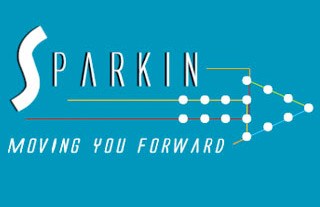Don’t Play The Fool… How The Savvy Select Their Jobs
More and more workers are taking the view that they are the sole drivers of their careers in what Peter Murdock refers to as the new reality of employee loyalty, in which the workplace has become a transactional environment.
Given the new employment realities, as companies require ever greater flexibility, and when headcount forms the greatest part of business costs, this trend will continue. This explains why ‘75% of the causes of employee turnover are preventable,’ (Valerie Bolden-Barrett.’ HR DIVE 8/17).
‘Most employees see themselves as being hired to perform specific tasks and, once they feel they have mastered this role, they seek out a new opportunity,’ or companies decide to let them go.
The downside of regular job changes is being perceived as a ‘flight risk’ by the hiring manager, cynical of employees not prepared to provide the commitment that agencies aren’t typically themselves making. Arguably those risk averse hirers and cultures are the ones to avoid!
Truly smart employees are not only pivoting around task mastery but they are also pursuing career opportunities which they feel will allow for their broader personal growth. For the brighter ones this is about job variety and a personal desire to grow but for many it is seen as a necessity.
A 2016 Pew Research Center Survey ‘The State of American Jobs,’ highlighted that 87% of workers believed it will be essential to get training to develop new skills throughout their working lives simply in order to keep up with changes in the workplace.’
‘We’ve learned that what really effects people is their sense of how they are doing compared with others and their peer group.’ Brian Kropp, HBR.
Smart employees are not only focusing on skills areas to develop but are selecting business areas less easily supplanted by artificial intelligence, Think: Creativity/imagination/emotion/strategy/selling. They are also seeking to be challenged and to work with others and in cultures where their values culturally align.
Looking forward, will more individuals not simply think about skills and experiential development but think that the greatest job security (and personal growth) will be realized through envisioning new business opportunities in which they become their own bosses? Certainly the flexibility required by employers is increasingly making us all more focused on one business at least, that of our own careers.








